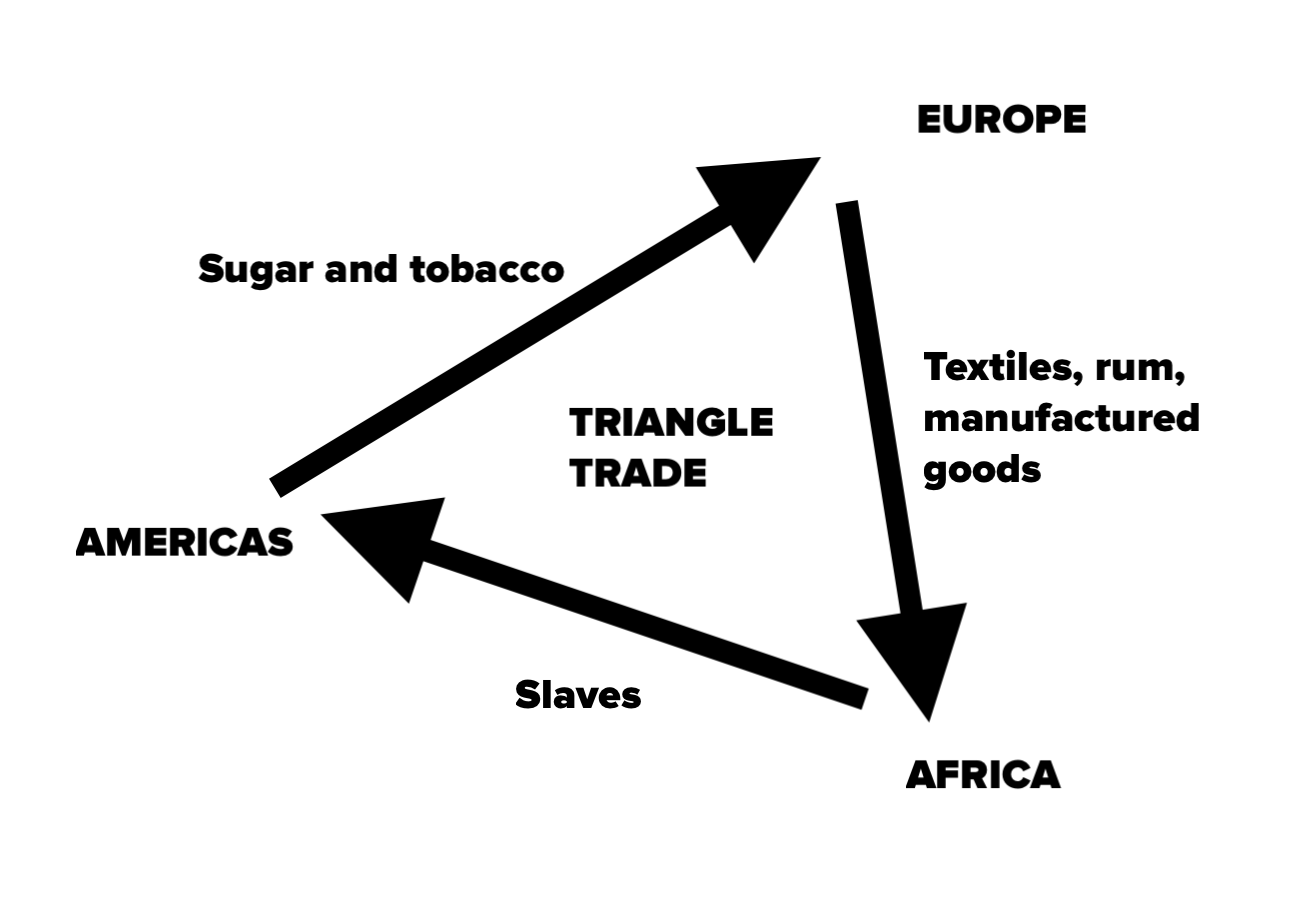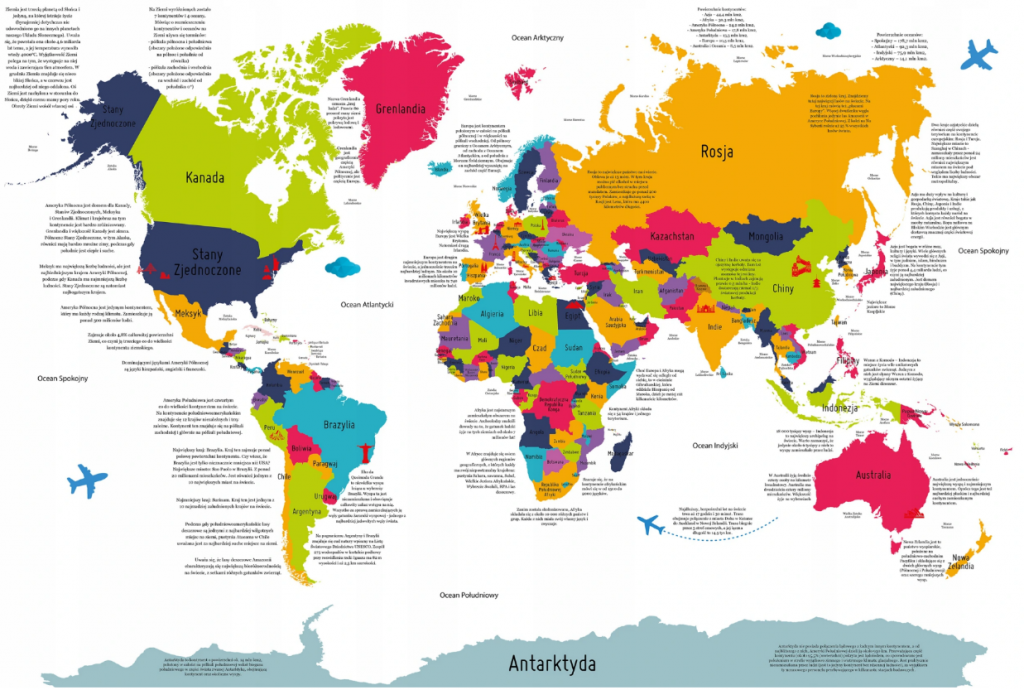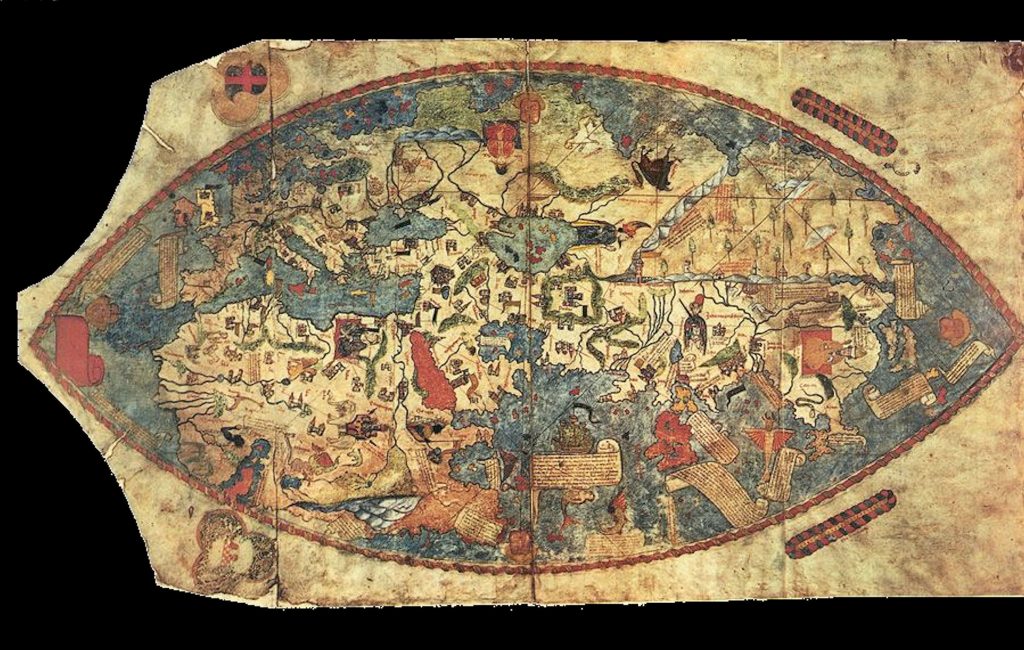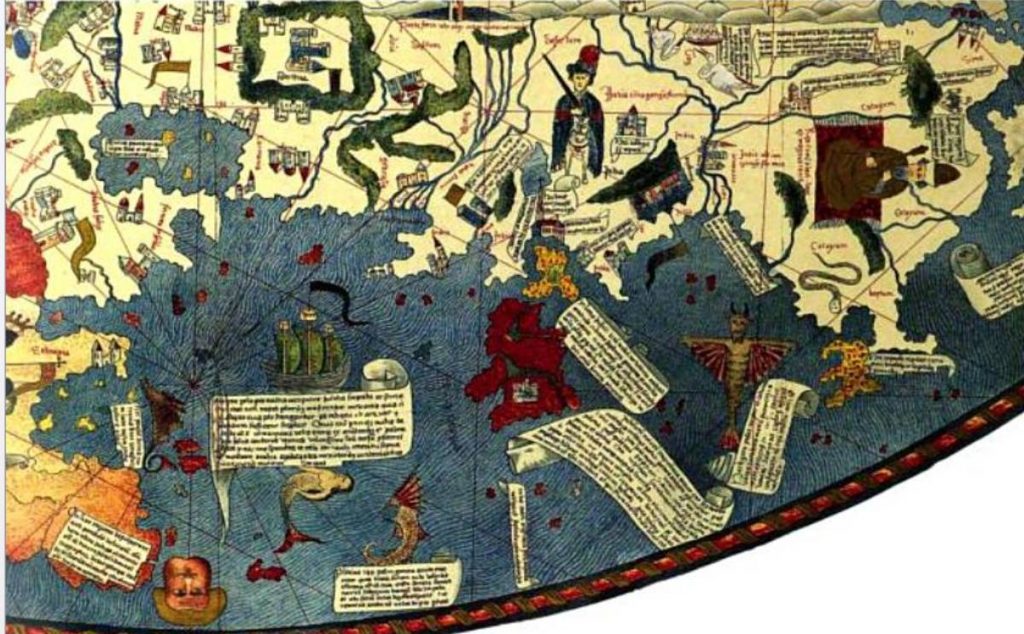
- Przyczyny wielkich odkryć geograficznych / The reasons of the Age of Exploration
- Wielcy odkrywcy i odkrycia / The explorers and discoveries
- Skutki / The consequences
Wyprawa Kolumba (pierwszych 10 minut)
What are three facts about the Age of Exploration?
Here are three facts about the Age of Exploration:
1. Lead to the rediscovery of the Americas
2. Lead to the discovery of new foods, including tomatoes and potatoes.
3. Decimated Native American cultures.
What was bad about the Age of Discovery?
-The destruction of the majority of Native Americans cultures .
-Slavery was another terrible consequence.
What are 3 causes of the Age of Exploration?
Three causes for the Age of Exploration were:
-Desire to find new routes to Asia (.
The Renaissance.
Competition with other European countries.
What started the Age of Discovery?
The search for an overwater route to Asia began the age of discovery. European explores were looking for a way to circumvent the Italian monopoly on trade with Asia.
What is the Age of Exploration known for?
The Age of Exploration is known as the era when Europeans discovered and settled new continents. It is also known for a process known as the Columbian Exchange.

Odkrycia geograficzne – historia bez cenzury
Mapa świata

Mapa świata z 1457 r.


Ad.1.
Przyczyny odkryć:
-potrzeba odnalezienie nowej drogi do Indii (1453 – Konstantynopol)
-krzewienie chrześcijaństwa
-rozwój techniki i nauki (karawele i karaki, busola i astrolabium, teorie o kulistości ziemi)
-potrzeba wzbogacenia się (szukanie kruszców -złota i srebra)
-ciekawość świata
Ad2.
Wielce odkrywcy:
-Henryk Żeglarz (Portugalczyk) – wzdłuż zach. Afryki
-Bartolomeo Diaz – (Portugalia) Przylądek Dobrej Nadziei
-Krzysztof Kolumb – włoski żeglarz – z Hiszpanii do Ameryki (Haiti) – 1492
-Vasco da Gama – z Portugalii do Kalikatu w Indiach – 1498
-Ferdynand Magellan – Portugalski żeglarz w służbie Hiszpańskiej – dookoła świata – 1519 – 1522
-Amerigo Vespucci – udowodnił, że Kolumb odkrył nowy kontynent.-
Ad.3 Skutki
DLA EUROPY:
-Hiszpania potęgą świata (złoto i srebro Ameryki) – przejściowo
-Wzrost cen w Europie (inflacja i tzw. rewolucja cen) z powodu napływu kruszców
-Rozprzestrzenianie się chrześcijaństwa
-Kwitnie handel atlantycki
-Sprowadzanie nowych roślin i zwierząt
-Zwiększenie wiedzy o świecie
DLA INNYCH KONTYNETÓW:
-zniszczenie cywilizacji Azteków i Inków (niewolnicza praca, choroby, ludobójstwo)
-rozwój niewolnictwa
-tworzenie kolonii, zakładanie plantacji i faktorii
Kolonia – terytorium pozaeuropejskie stanowiące własność państwa europejskiego
Faktorie – pośredniczą w handlu z tubylcami
Plantacje – wielkie obszary przeznaczone pod uprawę jednej rośliny, wykorzystujące przymusową pracę tubylców
-powstanie wielokulturowego, wielorasowego społeczeństwa amerykańskiego
Ciekawy artykuł o wyobrażeniach ludzi na temat „nowych kontynentów”: https://tytus.edu.pl/2019/01/06/tu-zyja-smoki-czyli-potwory-na-dawnych-mapach/
Complete the following text with the missing information. Fill in the blanks using the correct names, dates, and terms related to the Age of Discoveries.
Spain and Portugal discovered most of the new lands in the 15th century. The discoveries brought them significant (znaczne) benefits. It was necessary to establish a line dividing their spheres of influence in the world. However, before that happened, the Queen of Spain ………………………………………… turned to ………………………… to grant Spain the lands discovered by Columbus. Eventually, in the year …………………………, Spain and Portugal signed the Treaty of ………………………………… . It established a line dividing the spheres of influence between the two countries near the ……………………… meridian (południk). However, this border was later changed in the year ……………………… . According to the Treaty of ………………………………………, the division was to follow the ……………………… meridian .
